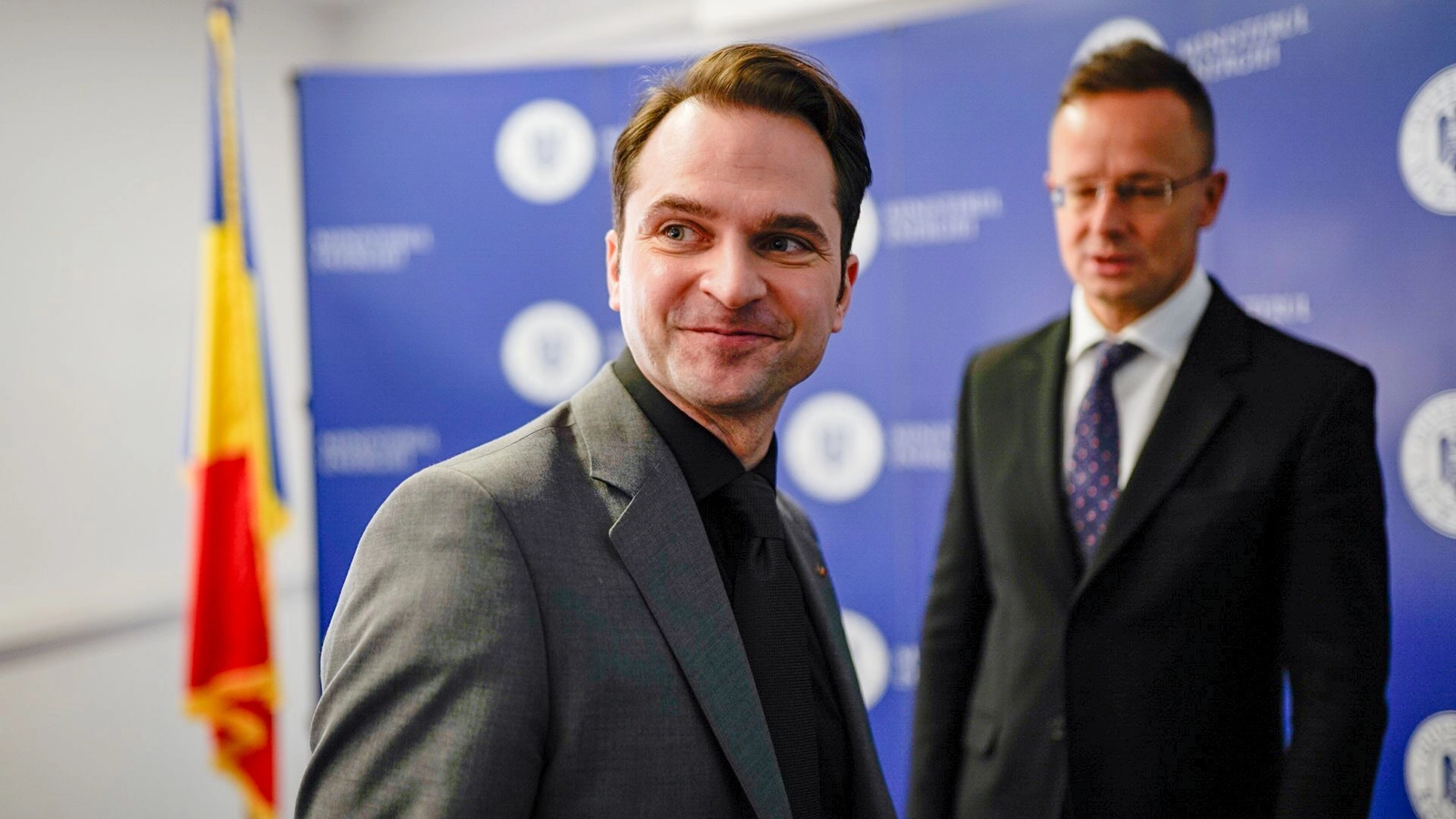Investments are the only solution to reduce bills, and based on the projects that are in the works, there is no reason why they should not decrease in 2-3 years, said Sebastian Burduja, advisor to the prime minister, at a specialized event on Monday.
"I am an optimist, but I rely on numbers. So, when we talk about the burden of bills today, we have to look at why we got here and what will happen in the next 2-3 years. Or, based on the projects that are in the works, there is no reason why in 2-3 years from now, with these projects completed, with probably another 6-7,000 megawatts of installed power, the bills will not decrease. Investments are the only solution to decrease the bills. The rest are stories and the price is not set by the pen of a minister or prime minister or even a president of the country. It is given by supply and demand. Or, to decrease the prices, we simply have to increase the supply, plus interconnections, plus the other things that we talked about and not just talked about, I say," he argued.
At the same time, Burduja emphasized that investments in networks are also necessary, with an impact on end consumers, and not just in new groups.
"I also believe that investments in networks are important and I know that it is a never-ending conversation between market players, ANRE and I believe that through dialogue we can find this optimal point, because investments in networks are also necessary and the impact on end consumers is important. It is in vain that we invest in new groups if we do not take care of the networks and I believe here - and this is a new element - I congratulate the Ministry of Energy that a few weeks ago it succeeded in what we have been striving for for a year - Ordinance 60, which regulates this fund and which allows for the first time the Bank for Investment and Development to get involved in such projects. So, for distribution operators who have projects to modernize networks, instead of taking a grant for these projects, they can come with a subsidized loan. So the 1.2 billion that we signed during my mandate for "We can transform the networks into subsidized loans, practically multiply this money, so that we have enough for many more investments and have a much better condition of the networks," he specified.
In another vein, the former Minister of Energy drew attention to the fact that in recent years there have been "a huge number of changes" to energy legislation and called on parliamentarians, civil society and academia to "sit down at the table" and think of an Energy Code that would regulate the future development of the sector.
"We are here, in the Romanian Parliament, these projects will move forward, but there is also an issue related to legislation. In the last many years, we have seen an enormous number of amendments to Law 123 and a series of other energy laws. Can we, the representatives of Parliament, civil society, and academia, sit down at the table and make an Energy Code? Can we leave political partisanship behind and develop legislation, such an Energy Code that would regulate the development of the sector from now on? I believe that we can and I believe that in energy, if there is a field under the sun, literally and figuratively, that can support putting aside political differences, political partisanship, sitting down with numbers, looking at and agreeing on some things, this is the energy field," he said.
Focus Energetic is organizing, on Monday, in partnership with the Committee for Energy, Energy Infrastructure and Mineral Resources of the Romanian Senate, the XLIV edition of the Focus Energetic Conferences and the XIII in the cycle of those dedicated to winter preparations. The event "Winter Challenges 2025 - 2026 for the National Energy System" takes place at the Parliament.
































Comentează